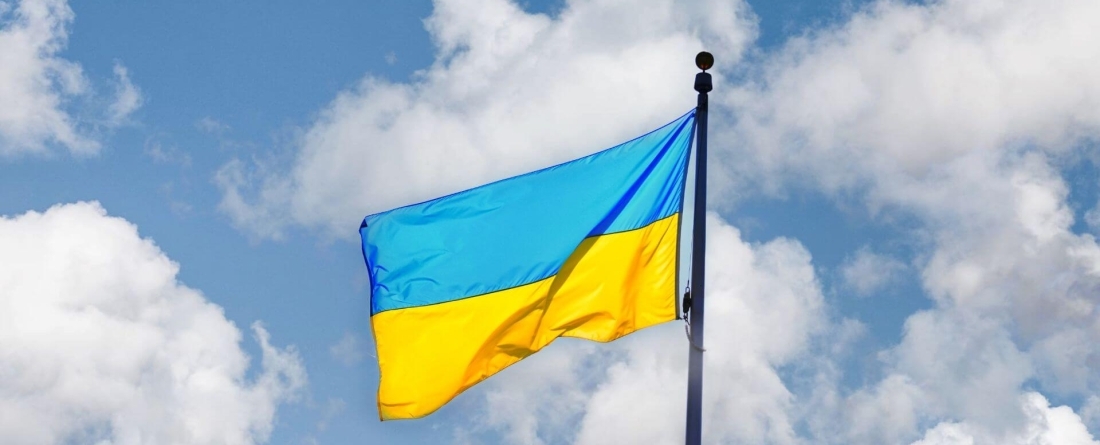
The Russia-Ukraine war is a stark reminder of the depths to which global conflicts affect everyday Americans by impacting economic security, national defense and how taxpayer dollars are spent. The ongoing geopolitical uncertainty resulting from Russia's invasion of Ukraine has significantly influenced the U.S. federal budget process, shared School of Public Policy Professor Philip Joyce. Ukraine's limited defense capacity, explained Joyce, meant that substantial financial and military support was needed from various countries, including the United States. To explore these budgetary challenges, Joyce recently co-authored a journal article, “Budgetary Responses by the USA to Support Ukraine During and After the War,” with Olha Krupa from Seattle University, published in the journal Public Money & Management.
"Many countries have needed to step in to provide financial and military support," noted Joyce. For the U.S., this involved significant appropriations to support Ukraine both economically and militarily, along with humanitarian aid. Since March 2022, the U.S. has provided $175 billion in assistance to Ukraine, reinforcing its defense capabilities and overall stability. Joyce emphasized that, without this assistance, most believe the Russian invasion likely would have succeeded, ending Ukraine's status as an independent democratic nation.
Joyce further explained that such large-scale foreign aid impacts domestic economic policies, resource allocation and the federal budget process during times of geopolitical uncertainty. Political disagreements within Congress have further complicated aid delivery. Joyce highlighted a nearly year-long delay in approving additional aid due to opposition within the House of Representatives. While bipartisan support for aid existed, efforts to pass the bill solely with Republican backing allowed a small number of opponents to block its passage. “This led to a situation where the prior aid to Ukraine had been exhausted, and there was an interruption of the flow of arms, putting the defense of Ukraine in a precarious situation,” said Joyce.
Looking ahead to the November 2024 election, Joyce compared the differing views on Ukraine aid among U.S. presidential candidates and its potential impact on the Russia-Ukraine conflict and European stability. Former President Trump has expressed skepticism about NATO and aid to Ukraine, suggesting a diminished U.S. role if he is re-elected. Conversely, a victory for Vice President Harris would likely continue current levels of support for Ukraine.
U.S. assistance to Ukraine is part of a broader strategy to contain Russian expansion and support democratic governance. Joyce emphasized that people should care about how these policies align with long-term U.S. strategic interests and the promotion of democracy and human rights globally.
Assessing the effectiveness of U.S. aid to Ukraine involves evaluating whether Ukraine maintains its sovereignty and pre-invasion territory, according to Joyce. Additionally, reconstruction efforts should prioritize Ukraine's needs over external interests. Joyce emphasized the necessity of standing against Russia's aggression and supporting the Ukrainian people, noting that the war's prolonged nature can sometimes obscure the underlying cause and need for aid.
“The conflict has been going on for so long that it is easy sometimes to forget that the reason for the conflict, and the need for aid, has at its source an outrageous incursion by Russia into the territory of a sovereign democratic nation," Joyce remarked. "In that context, it is not only appropriate but necessary for the United States and other countries to stand against that aggression and for the people of Ukraine."




